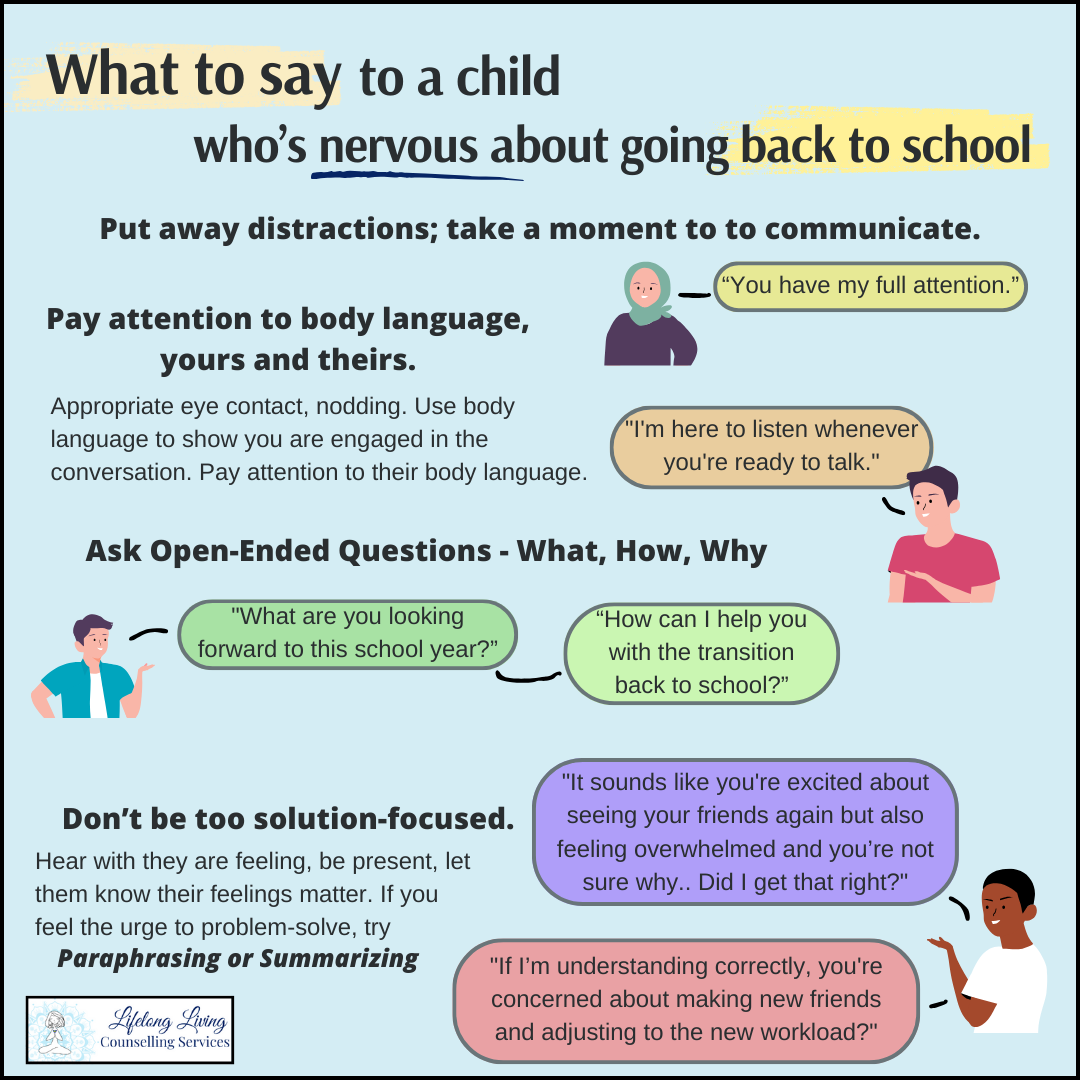Lifelong Living Counselling Services
|
Sasha Baldeosingh, MSc
Mental Health Therapist |
Sign up for Monthly Newsletter |
Contact |
Quick Links |
© 2024 Lifelong Living Counselling Services. All rights reserved.




 RSS Feed
RSS Feed
